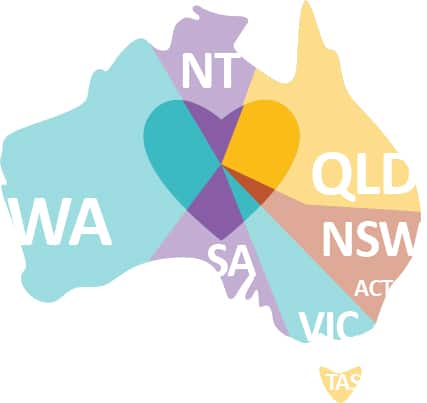
Professional Learning and Development
Educators’ professional knowledge and expertise is critical to delivering quality outcomes for children. Your professionalism and commitment to professional growth speaks to colleagues and community about your professionalism and collectively our sectors commitment to professional development will grow our professions professional footprint. An investment in yourself is an investment in the profession and outcomes for children.
Through developing our capacity to link theory and practice, we deepen our understanding of the value and significance of our work. In turn, this sustains our commitment, our enthusiasm and capacity to keep growing professionally and personally.
PSCA 2016, Educators – Learning and growing through professional development
Educators Anonymous – Networking and Support for Educators
Disclaimer: This is not a support group for Educators with a Pinterest addiction.
Educators Anonymous is space for educators to learn from each other and to grow together in knowledge, skills and confidence.
It is a networking and support group for educators to be able to share their practices, their challenges and their successes in a supportive environment free from judgement. A space to find common ground and to connect with peers. A place for connection and reflection where Educators can share their stories, build professional relationships, seek and share information and support from peers and be a mentor or support to your peers.
The use of the term anonymous in this space relates to an individual’s right to Anonymity, to be able to speak openly and honestly about their success, challenges and practices free from judgement in the knowledge that what is shared in this space is shared under a veil of privacy and confidentiality for the purpose of professional growth. We hope you can join us.
Professional Development Providers
ECW offers access to quality affordable professional development and learning opportunities for Educators. ECW Members save 50% and access ECW professional development and learning opportunities at cost.
NATIONAL PROVIDERS
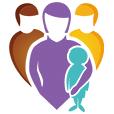
Australian Education and Care Workforce Professional Body (ECW)
CHECK OUT our PROFESSIONAL DEVELOPMENT EVENTS
or Contact Us to discuss your professional development needs. We are here to help you to identify and find quality affordable professional development that will meet your needs.

JR Education Consulting Services
JR Education Consulting Services provides professional development, support and consultancy services to early childhood and school-aged education and care services and organisations who pride themselves on quality and providing the best possible outcomes for children and families.
ECW members can access PD through this provider at a discounted rate.
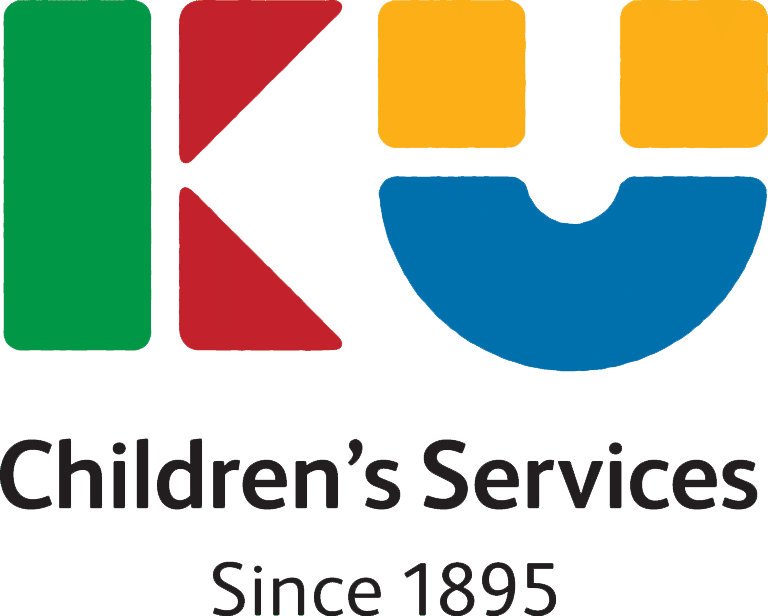
KU Professional Learning
KU Professional Learning offers an annual professional learning and development calendared program, which includes featured events, one-off workshop sessions and two or three-part series. This provides a variety of opportunities for early childhood professionals to engage in ongoing learning and reflective practice.
All workshops are mapped against the National Quality Standard, the Victorian Early Years Learning and Development Framework and the Australian Professional Standards for Teachers.
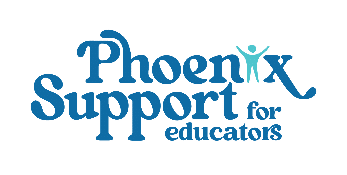
Phoenix Support for Educators
Phoenix Support for Educators are committed to delivering professional development and customised support from a foundation of the most current and relevant research and theory as a part of a recipe toward quality practice in Education and Care.
ECW members can access PD through this provider at a discounted rate.

In Safe Hands
Training is offered in an array of courses including Child Protection, Food Safety, Behaviour Guidance, Sustainability, Fire Safety and Manual Handling.
ECW members can access PD through this provider at a discounted rate.
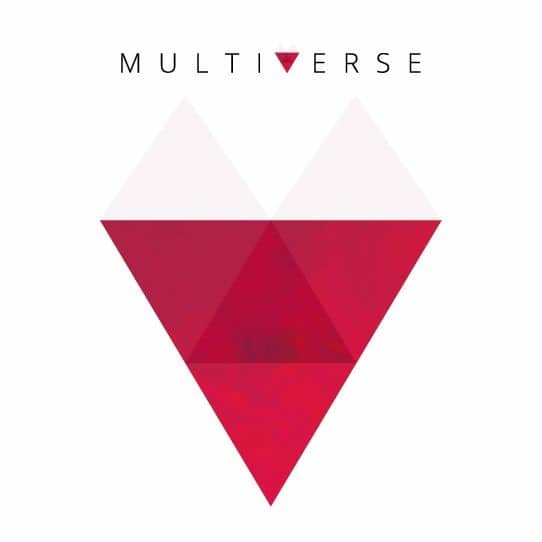
MultiVerse
MultiVerse is a community organisation committed to art, inclusion and education, who believe that everyone can and should be living a beautiful life.
ECW members can access PD through this provider at a discounted rate.
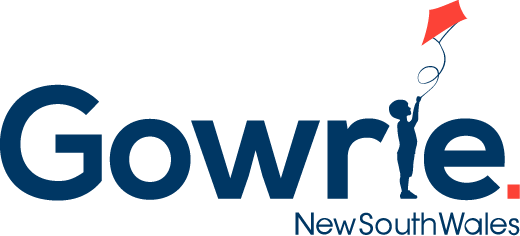
Gowrie Australia
Reflections magazine is produced by the Gowrie organisations throughout Australia as a joint contribution to research, knowledge and skills development across the Early Childhood education and care sector in Australia.

Early Childhood Australia (ECA)
Learning Hub: Here you have access to a wide range of quality assured professional development resources

Early Childhood Resource Hub
The Early Childhood Resource Hub is your central repository of Australian early childhood resources, quality standards, support and forums.
PROFESSIONAL DEVELOPMENT PROVIDERS BY STATE
SOUTH AUSTRALIA

Gowrie SA
Gowrie SA has a range of professional development and support options for education and care services in SA
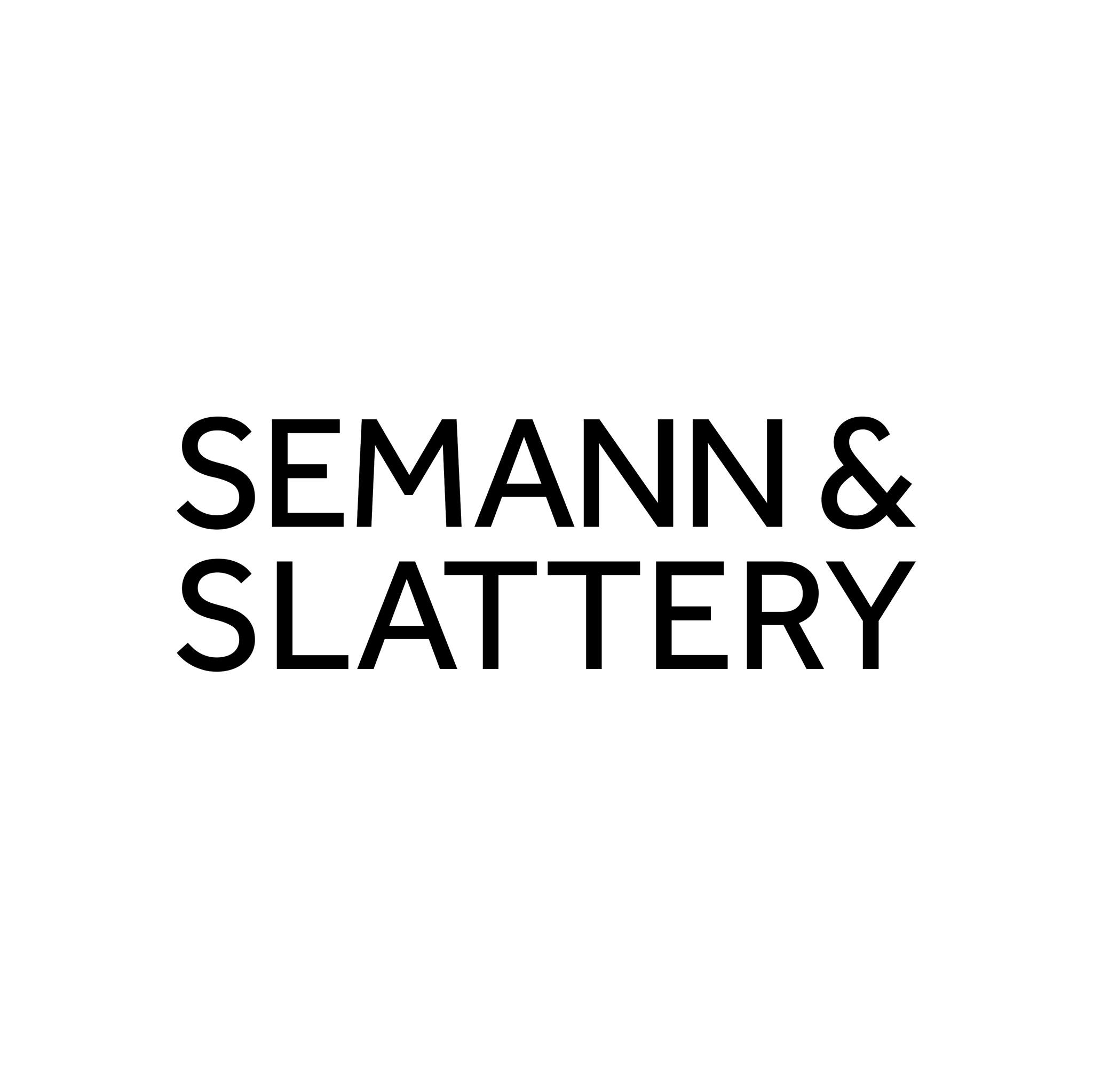
Semann and Slattery
Semann and Slattery are committed to innovative research, consultancy and training programs and ensuring that our clients achieve their organisational, strategic and personal goals.
TASMANIA

Gowrie TAS
Gowrie TAS provides customised professional development and learning to the broader community.
QUEENSLAND
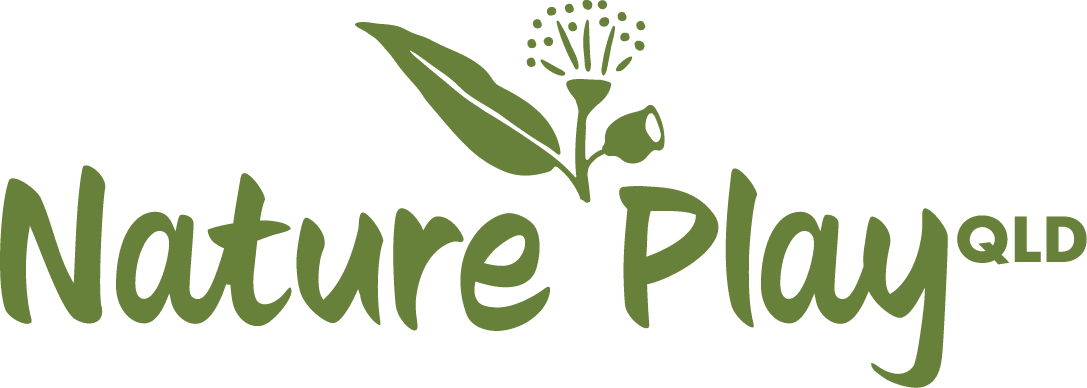
Nature Play Qld
Nature Play QLD‘s mission is to increase the time Queensland kids spend in unstructured play outdoors and in nature. It is founded on the understanding that unstructured play outdoors – nature play – is fundamental to a full and healthy childhood.
ECW members can access PD through this provider at a discounted rate.

Stephen Gallen Consultancy
Stephen offers consultancy services and support for kindergartens, preschools, family & long day care including: inservice workshops; mentoring; experiential learning; and group facilitation.
ECW members can access PD through this provider at a discounted rate.
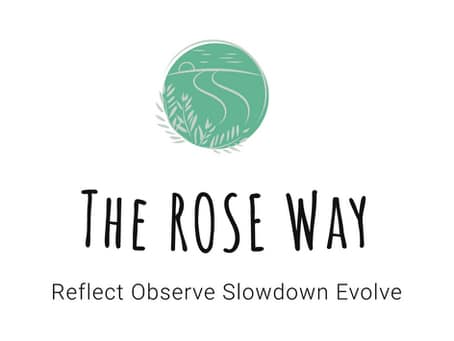
The Rose Way Planning
The Rose Way Planning offers many opportunities for professional development for early childhood educators through face to face training, online training and high quality educator resources.
ECW members can access PD through this provider at a discounted rate.

Lady Gowrie
The Gowrie (QLD) offers a range of Professional Learning Sessions to meet the needs of early childhood education and care services

Semann and Slattery
Semann and Slattery are committed to innovative research, consultancy and training programs and ensuring that our clients achieve their organisational, strategic and personal goals.
WESTERN AUSTRALIA

Child Australia
Child Australia are dedicated to building the capacity of the sector and delivering exemplar programs and services to children and their families.

Semann and Slattery
Semann and Slattery are committed to innovative research, consultancy and training programs and ensuring that our clients achieve their organisational, strategic and personal goals.
VICTORIA

Gowrie Victoria
Gowrie Victoria provides accredited training, customised professional development and support to people wanting to work in, or are currently working in, the early childhood or out of school hours sector.

Semann and Slattery
Semann and Slattery are committed to innovative research, consultancy and training programs and ensuring that our clients achieve their organisational, strategic and personal goals.
NORTHERN TERRITORY

Child Australia
Child Australia are dedicated to building the capacity of the sector and delivering exemplar programs and services to children and their families.
NEW SOUTH WALES

Stephen Gallen Consultancy
Stephen offers consultancy services and support for kindergartens, preschools, family & long day care including: inservice workshops; mentoring; experiential learning; and group facilitation.

Semann and Slattery
Semann and Slattery are committed to innovative research, consultancy and training programs and ensuring that our clients achieve their organisational, strategic and personal goals.


